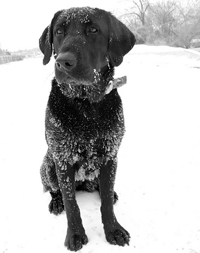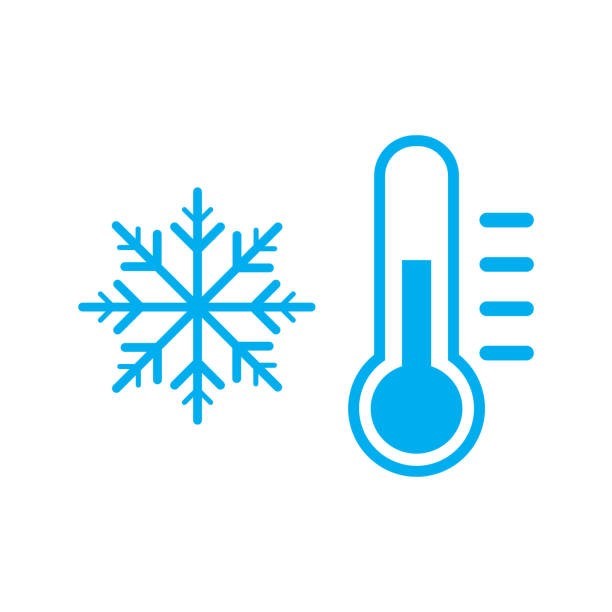Cold Weather Pet Care
In Chicago, winter is a season of bitter cold and numbing wetness. Help your pets remain happy and healthy during the colder months by following these simple guidelines:
Don't leave dogs outdoors when the temperature drops. Most pets are safer indoors, except when taken out for exercise. Regardless of the season, short-haired, very young or old dogs and indoor cats should never be left outside without supervision. Short-coated dogs may feel more comfortable wearing a sweater during walks.
No matter what the temperature, windchill can threaten a pet's life. Left alone in a cold car for too long, dogs can develop hypothermia, a dangerous condition that occurs when the core body temperature drops too low.
- Salt and other chemicals used to melt snow and ice can irritate the pads of your pet's feet. Wipe their feet with a damp towel before your pet licks them and irritates his/her mouth.
- Antifreeze is a deadly poison, but has a sweet taste that may attract animals and children. Wipe up spills and store antifreeze (and all household chemicals) out of reach. Better yet, used antifreeze-coolant made with propylene glycol; if swallowed in small amounts, it will not hurt pets, wildlife, or your family.
- Warm engines in parked cars attract cats and small wildlife, who may crawl up under the hood. To avoid injuring any hidden animals, bang on your car's hood to scare them away before starting your engine.
Chicago Animal Care and Control Strongly Recommends Keeping Companion Animals Inside Your Home!
The best prescription for winter's woes is to keep your pet inside with you and your family. The happiest dogs are those who are taken out frequently for walks and exercise but kept inside the rest of the time. Pets are social animals who crave human companionship.

Even if your dog is an outdoor dog:
- Your dog must be protected by a dry, draft-free doghouse that is large enough to allow the dog to sit and lie down comfortably, but small enough to hold in his/her body heat. The floor should be raised a few inches off the ground and covered with cedar shavings or straw. The house should be turned to face away from the wind, and the doorway should be covered with waterproof burlap or heavy plastic.
Pets who spend a lot of time outdoors need more food in the winter because keeping warm depletes energy. Routinely check your pet's water dish to make certain the water is fresh and unfrozen. Use plastic food and water bowls rather than metal; when the temperature is low, your pet's tongue can stick and freeze to metal.

